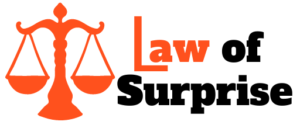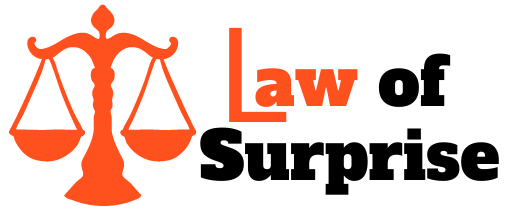The Madison Ginley Leak: A Deep Dive into the Recent Scandal
In the world of social media and influencer culture, privacy and data security are two crucial aspects that can make or break a career. Recently, a scandal involving the leak of private information belonging to popular influencer Madison Ginley has sent shockwaves through the industry and raised important questions about online security and reputation management. In this comprehensive article, we will delve into the details of the Madison Ginley leak, understand its implications, and explore ways to protect your online privacy in an increasingly digital world.
The Genesis of the Madison Ginley Leak
Madison Ginley, known for her lifestyle content and beauty tips, found herself at the center of a storm when her private emails, photos, and personal information were leaked online. The leak was traced back to a security breach in one of the platforms she used to store her data, highlighting the risks associated with cloud storage and third-party services. The leaked information not only compromised Madison’s privacy but also exposed her to cyber attacks and online harassment.
Implications of the Leak
The Madison Ginley leak serves as a stark reminder of the importance of cybersecurity and personal data protection. In today’s interconnected world, where hacking and data breaches have become all too common, individuals, especially influencers and public figures, need to be vigilant about safeguarding their online presence. The leak also raises questions about the responsibility of tech companies and platforms in ensuring the security and integrity of user data.
Protecting Your Online Privacy
In light of the Madison Ginley leak, it is essential to take proactive steps to protect your online privacy and personal information. Here are some tips to enhance your cybersecurity:
1. Use Strong Passwords: Avoid using common passwords and opt for complex combinations that include letters, numbers, and special characters.
2. Enable Two-Factor Authentication: Add an extra layer of security to your accounts by enabling two-factor authentication wherever possible.
3. Regularly Update Security Software: Keep your antivirus and firewall software up to date to defend against malware and cyber threats.
4. Limit Third-Party Access: Be cautious about granting access to third-party apps and services that may compromise your data security.
5. Monitor Your Online Accounts: Regularly check your social media and email accounts for any suspicious activity or unauthorized access.
Frequently Asked Questions (FAQs) about the Madison Ginley Leak
- What was the nature of the information leaked in the Madison Ginley incident?
The leaked information included private emails, photos, and personal details of Madison Ginley. - How did the security breach occur in Madison Ginley’s case?
The security breach was traced back to a vulnerability in one of the platforms she used for data storage. - What are the potential risks associated with data leaks for influencers like Madison Ginley?
Data leaks can compromise privacy, expose individuals to cyber attacks, and lead to online harassment. - How can individuals protect their online privacy in light of incidents like the Madison Ginley leak?
Using strong passwords, enabling two-factor authentication, and monitoring online accounts are key steps to enhance cybersecurity. - What responsibility do tech companies have in preventing data breaches like the one experienced by Madison Ginley?
Tech companies have a responsibility to prioritize data security, invest in robust cybersecurity measures, and promptly address any vulnerabilities.
In conclusion, the Madison Ginley leak underscores the importance of online privacy, cybersecurity, and data protection in today’s digital landscape. By staying informed, adopting best practices for online security, and holding tech companies accountable for safeguarding user data, individuals can mitigate the risks of data breaches and preserve their digital identities. Remember, in the age of information, vigilance is key to safeguarding what matters most – your privacy.


